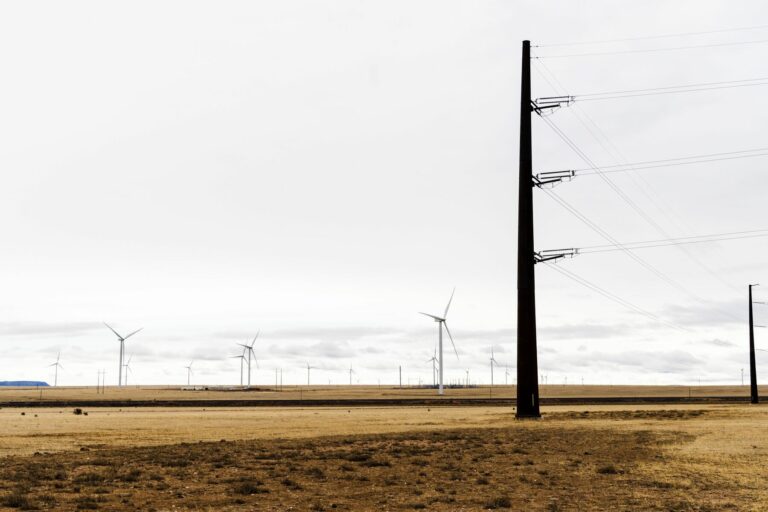Tom Magness: Louisiana’s Energy Exports Fuel Local Economies
Tom Magness, a retired Army colonel who formerly serviced as a commander in the U.S. Army Corps of Engineers, recently penned an op-ed in the Hammond Daily Star highlighting Louisiana’s critical role in domestic and international energy supply. The Pelican state has been a key part of the U.S.’ ability to export liquid natural gas (LNG) to Europe in the wake of the continent’s decoupling from Russian energy. Magness notes, “these energy exports are creating jobs and uplifting rural communities,” supporting the local and national economy, and helping to secure our allies’ energy independence.
Unfortunately, local activists have attempted to villainize Louisiana’s role in the global energy sector. A recent opinion piece in Newsweek argued that LNG “offer[s] no benefit to our local communities or American consumers.” Magness rebukes this claim, writing, “nothing could be further from the truth.” Louisiana’s strategic geographic location has facilitated the state’s ability to attract a well-trained work force and cement itself as an energy industry leader. This job creation has offered thousands of high-paying jobs, contributing significantly to the local economy, Magness argues.
Similarly, as the political and environmental landscape has shifted, so has Louisiana’s. The exporting of LNG is a significant tool in combatting carbon emissions as the resource has alleviated Europe’s reliance on both Russian crude oils, and their domestic coal production. As a former commander in the U.S. Army Corp of Engineers, Magness is well versed in the rigorous reviews that projects such as LNG export facilities undergo. He writes, “we conducted comprehensive reviews to protect consumers, lands, and waters. Approval from the Federal Energy Regulatory Commission (FERC) often takes years to complete and comes with similar detailed analysis and oversight.”
This perspective is extremely important as Louisiana’s energy footprint is only expected to grow. U.S. LNG exports have grown nearly 50 percent compared to 2020 levels, and the war in Ukraine has only heightened the need for more production and exports. Magness concludes his piece by saying, “while some might not like the size or location of these projects, they have been thoroughly vetted, carefully analyzed for their environmental impact and have been consistently determined to have a net benefit.”

